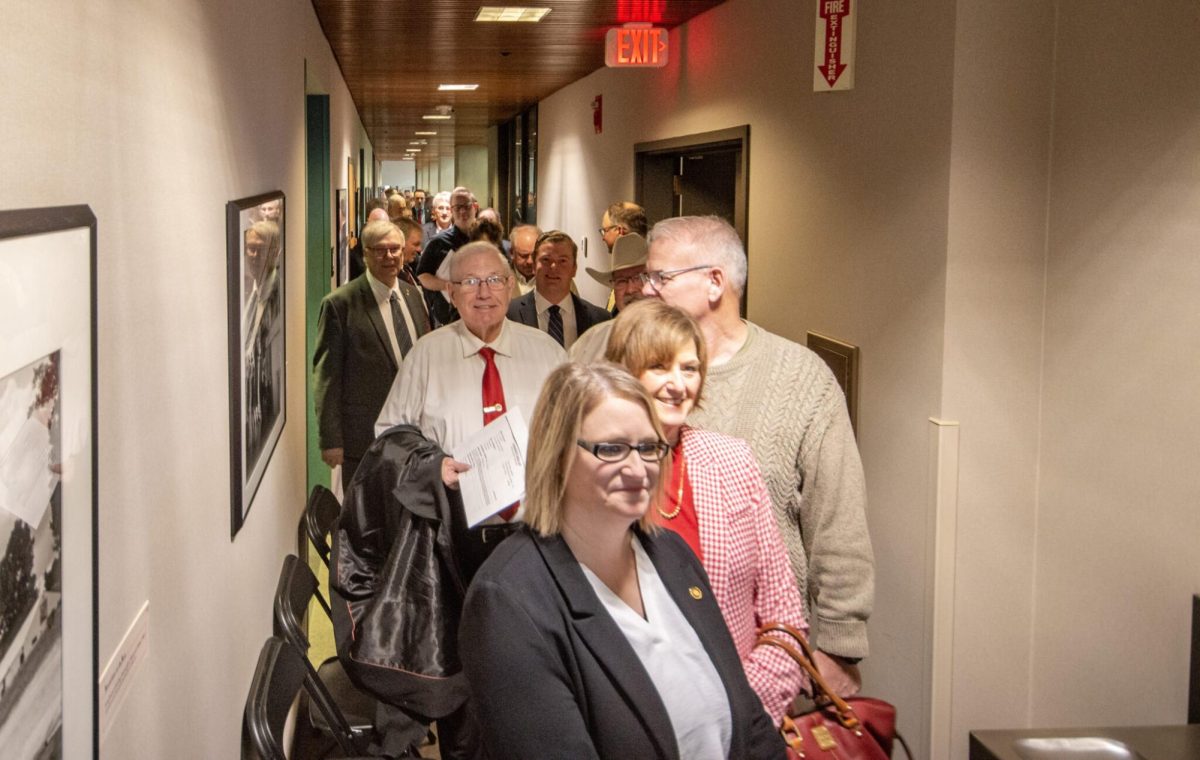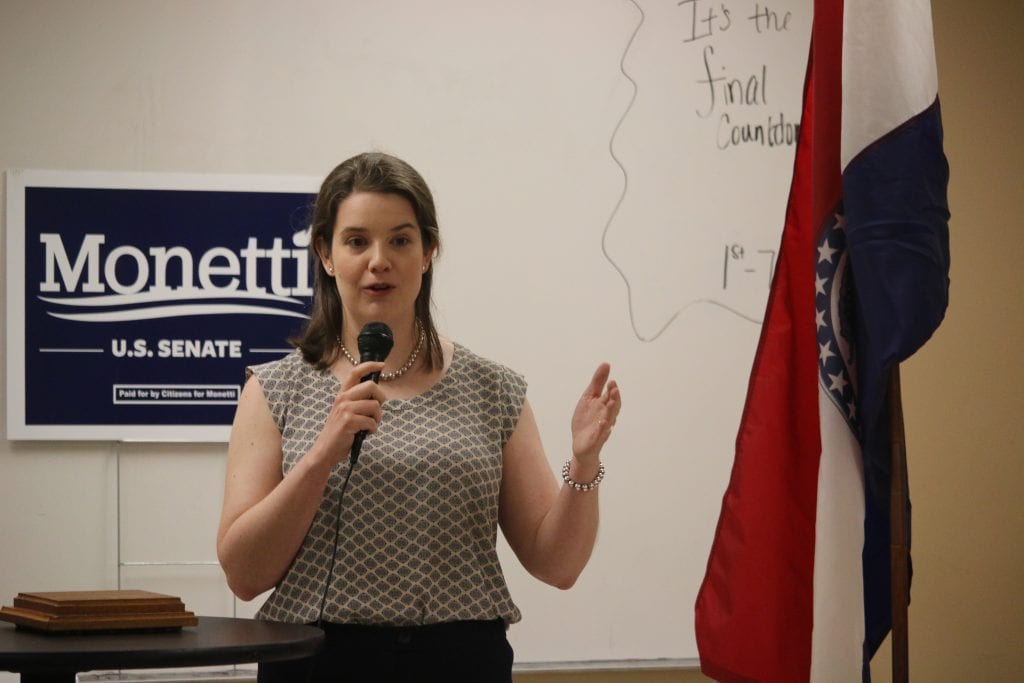By CARL HENDRICKSON
For the Call
Wrangling over more than $373 million in state spending cuts last week resulted in partisan finger-pointing by state legislators.
Missouri House Republicans floated a proposal to dole out lump sums based on 2000Ð2001 funding levels to balance the fiscal 2004 budget without any tax increases.
Democrats responded by claiming Republicans are shifting the burden of balancing the budget to bureaucrats and pointed out that the governor had fulfilled his constitutional obligation by submitting a proposed budget containing a complete and itemized plan of expenditures together with recommendations for revenue enhancements.
“We (the House) are the ones with the responsibility to make the appropriations for state departments and services,” Rep. Connie Johnson, D-St. Louis, stated in a news release. “This strong-arm approach circumvents our duties.”
Historically the state budget has been comprised of hundreds of line items, each one a limit on how much a department could spend for a particular purpose. The GOP plan would eliminate most of these line items. To balance the budget, Republicans cut $373 million from the budget and given state agencies the authority to decide where the cuts are to be made.
“Since the administration has resolutely refused to provide funding priorities, the House will give each state department the amount of funding the state can afford with the ability to spend it according to their priorities,” said House Budget Committee Chairman Carl Bearden, R-St. Charles. “The 2000 Ð 01 fiscal year was picked because it was the last time state government had a similar amount of general revenue available.”
“All around Missouri, families have had to tighten their belts and make the hard choices just to make ends meet,” said House SPeaker Catherine Hanaway, R-Warson Woods. “Yet, Gov. (Bob) Holden has failed his constitutional mandate to balance the budget and has asked that the House endorse a budget that is nearly $1 billion out of balance and dramatically raises taxes.”
Rep. Jim Lembke, R-Lemay, proposed a new budget method.
“This week I joined several legislators in unveiling a new method of building our state’s budget,” Lembke said. “Under our proposal, the legislature would reduce state spending by more than $750 million and ensure the executive branch prioritizes existing spending before asking for more” (taxes.)
Rep. Sue Schoemehl, D-Oakville, disagreed.
“This week, Republican leadership in the Missouri House of Representatives decided to wash their hands of any responsibility in dealing with the state’s budget,” Schoemehl said.
Local representatives found common ground on a 24-hour waiting period for women seeking an abortion. Rep. Walt Bivins, R-Oakville, and Rep. Pat Yaeger, D-Lemay were co-sponsors of a bill requiring women seeking an abortion to wait 24 hours from the time she has talked to the doctor before she could undergo the procedure.
The bill requires doctors to inform women about the risks of abortion. In addition, women must be screened for physical, psychological or “situational” factors that would raise her susceptibility to, adverse physical or emotional reactions to an abortion.
Also supporting the bill are: Jim Avery, R-Crestwood, Lembke, Schoemehl, and Mike Vogt, D-Affton.
The bill received 119 favorable votes, a sufficient number to override a threatened veto by Gov. Bob Holden. The bill now goes to the Senate for consideration.
Sen. Anita Yeckel, R-Sunset Hills, last week outlined plans to reform state government.
“People have developed the sense that government is no longer working for them,” Yeckel said. “They sense that government is putting its own agenda before doing the work of the people of the state.”
Among the reforms Yeckel and other senators propose are three bills that would eliminate overlap and duplication of services, incentives for state employees based on public service rather than length of employment, a new appropriations process that rewards efficient departments for reaching service goals.
In a news release, Yeckel said lawmakers will look at other avenues of reform, such as use of e-technology and a review of state procurement and bidding systems to eliminate redundancy in bidding.


















